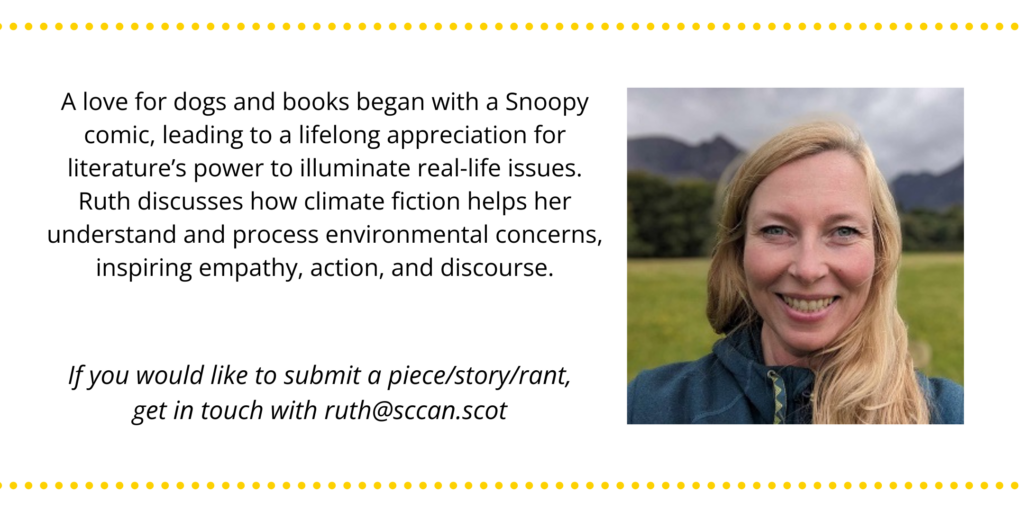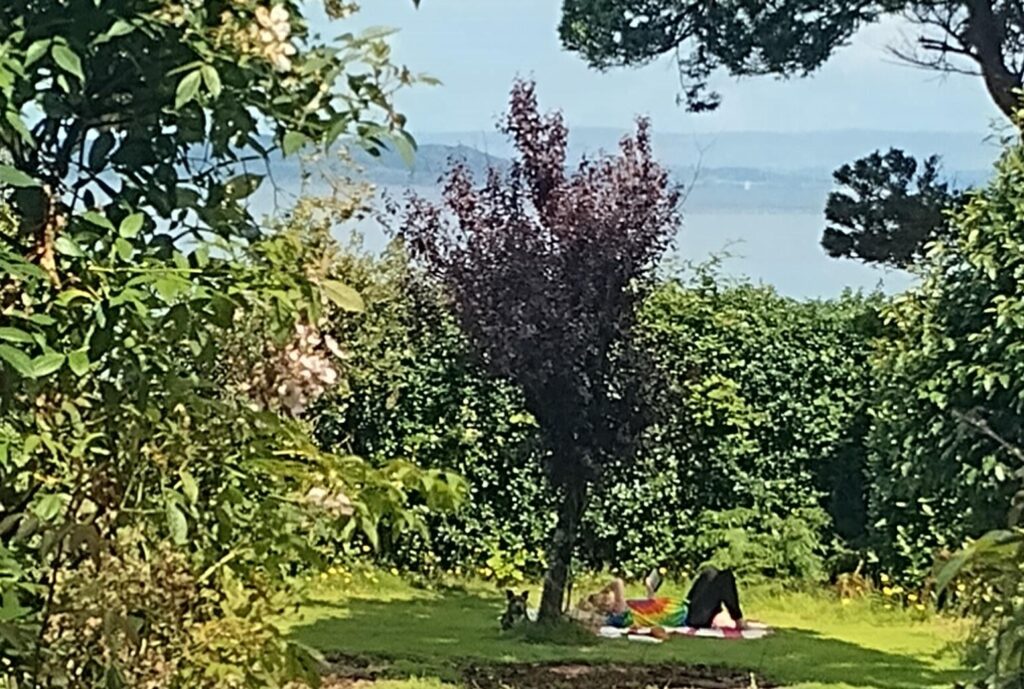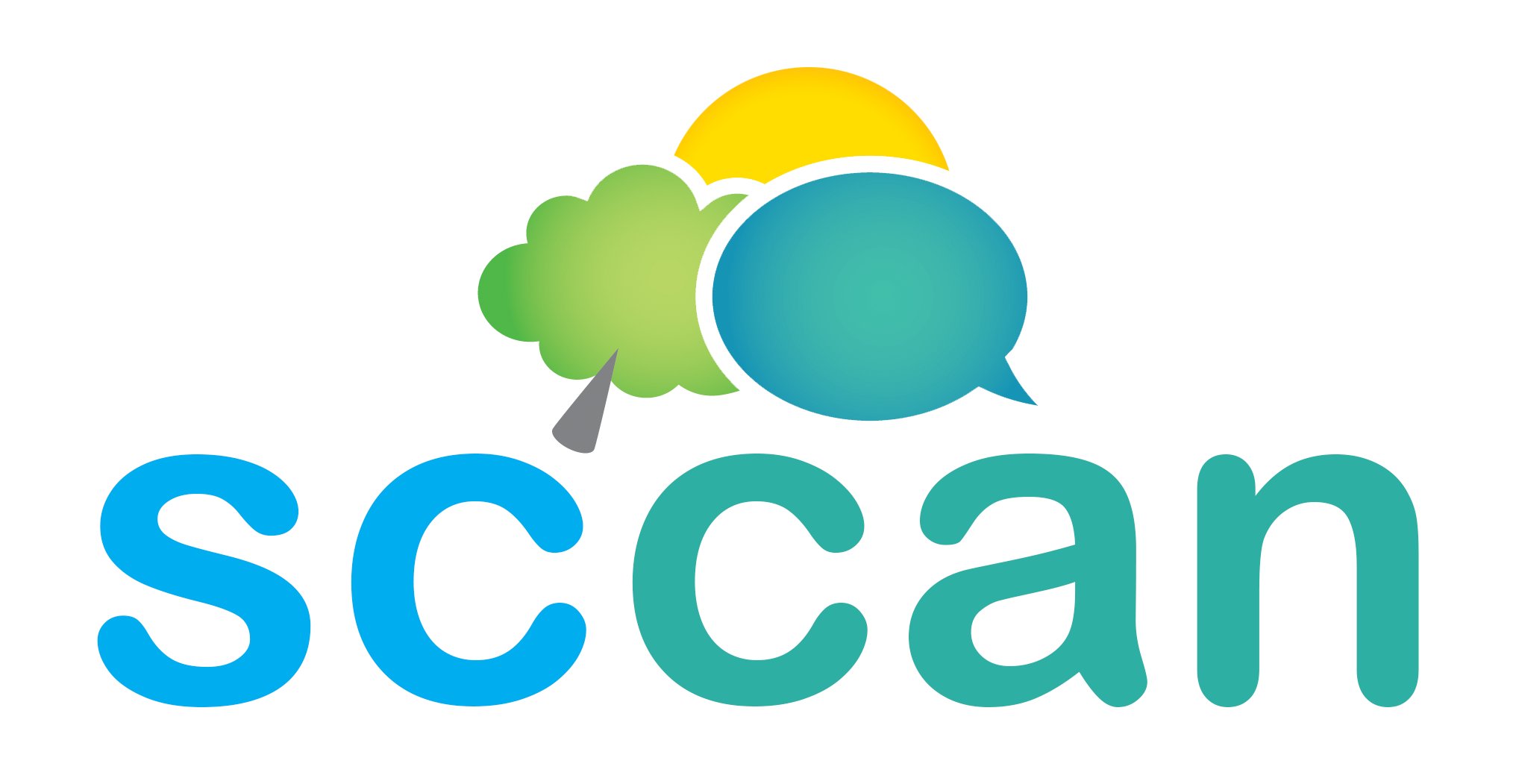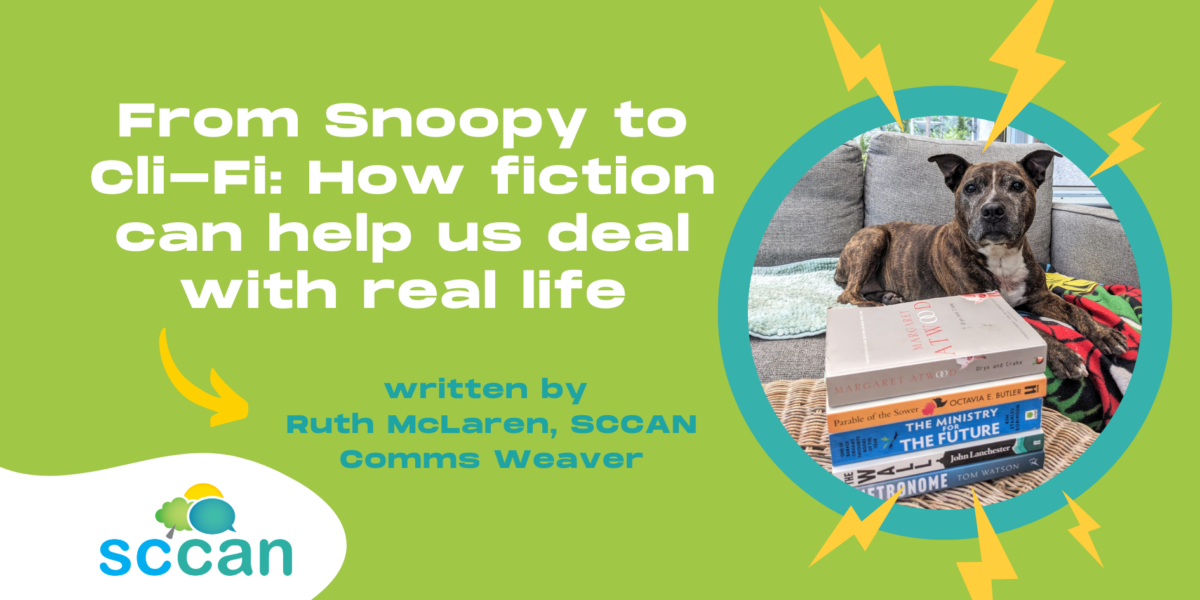
It all started with a Snoopy comic book – my love of dogs and my love of books. Reading the Peanuts comic as a child I understood entirely the non verbal connection between dogs and humans. Then started the campaign with my parents to get a dog – thankfully, with success. We had family dogs throughout my childhood although none of them were as philosophical and wise as Snoopy, oddly.
It wasn’t until I was in my mid teens that I first became actively aware of the connection between literature and understanding issues in real life. I was around 15 when I read “The Handmaid’s Tale” by Margaret Atwood. I realise most folk have now watched the excellent TV series, but for context – “The Handmaid’s Tale” is a dystopian/speculative novel that explores a theocratic society where women are subjugated and used for reproductive purposes. It addresses themes such as totalitarianism, gender oppression, freedom, identity, and the resilience of the human spirit.
Reading this book hit me like a ton of bricks. I had been having a creeping realisation of the differences in the way men and women were treated in society and had been starting to challenge these, mostly via timid objections of unfairness that were generally discouraged/ignored by adults. However, Margaret Atwood had voiced and verified what I already knew to be true – it was there in black and white and it had a name – THE PATRIARCHY!
The effect this book had on me cannot be overstated. Reading it I felt so many emotions: fear, sadness, rage. But it also gave me hope, educated me, and I found relief that I was not alone in my worries, thoughts and experiences. This work of fiction gave me context and a way to think about huge issues in a step removed from real life.
I went on to study English and Sociology with a specific focus on gender studies, women and the sociology of sexuality.

I have since moved on to include climate fiction in my reading list and have experienced similar benefits in how reading helps me to process my fears about the state of the planet.
Reading climate fiction – or “cli-fi” as it is also known – can be helpful in multiple ways: by raising awareness about environmental issues, inspiring action to address climate change, and making the complex science of climate change more relatable and understandable through compelling storytelling.
Importantly, it can also encourage climate justice via empathy for those affected by climate impacts, foster sustainable thinking, and stimulate public discourse on ecological and social solutions.
Here are some of my favourite climate novels:
- MaddAddam Trilogy by Margaret Atwood – did I mention I like Margaret Atwood?
- The Ministry for the Future by Kim Stanley Robinson – gratefully recommended by SCCAN’s Adaptation Lead Rebecca Gibbs when I asked her for resources on how I could learn more about climate adaptation
- The Wall by John Lanchester – an overt climate novel, presenting a world where seas have risen
- Parable of the Sower by Octavia Butler – explores societal collapse and belief systems
- Metronome by Tom Watson – a surreal read, only touching on climate but looking more at relationships and paranoia
- The Road by Cormac McCarthy – extremely dark, proceed with caution
- The New Wilderness by Diane Cook – novel looking at how society might function in a post apocalyptic world, explored via a mother-daughter relationship
I feel like it would be irresponsible of me to not also mention that some people might find some climate literature challenging. The intense emotional and psychological impact of such narratives can be overwhelming and it should be acknowledged that the subject matter we are dealing with is upsetting.
However I personally have found great comfort in exploring the climate and nature crises through books. I believe looking at issues through storytelling is extremely powerful – it allows us to imagine, organise, digest and act. I have always felt that stories are how we understand life. They allow us to see through different perspectives, explore complex emotions and situations, and find meaning and connection in shared human experiences. I view reading, ultimately, as a form of action.
Please see below for some additional resources and reading lists to explore:
- Climate Change for Adults
- Climate Fiction for Future World Changers
- Children’s books to save the planet
- Rebel Library
- Guardian – Stories to Save the World
Thank you to Louise from the National Library of Scotland for providing the above links following on from a webinar: Exploring the Climate Resources at the National Library of Scotland. You can see all their events here.

